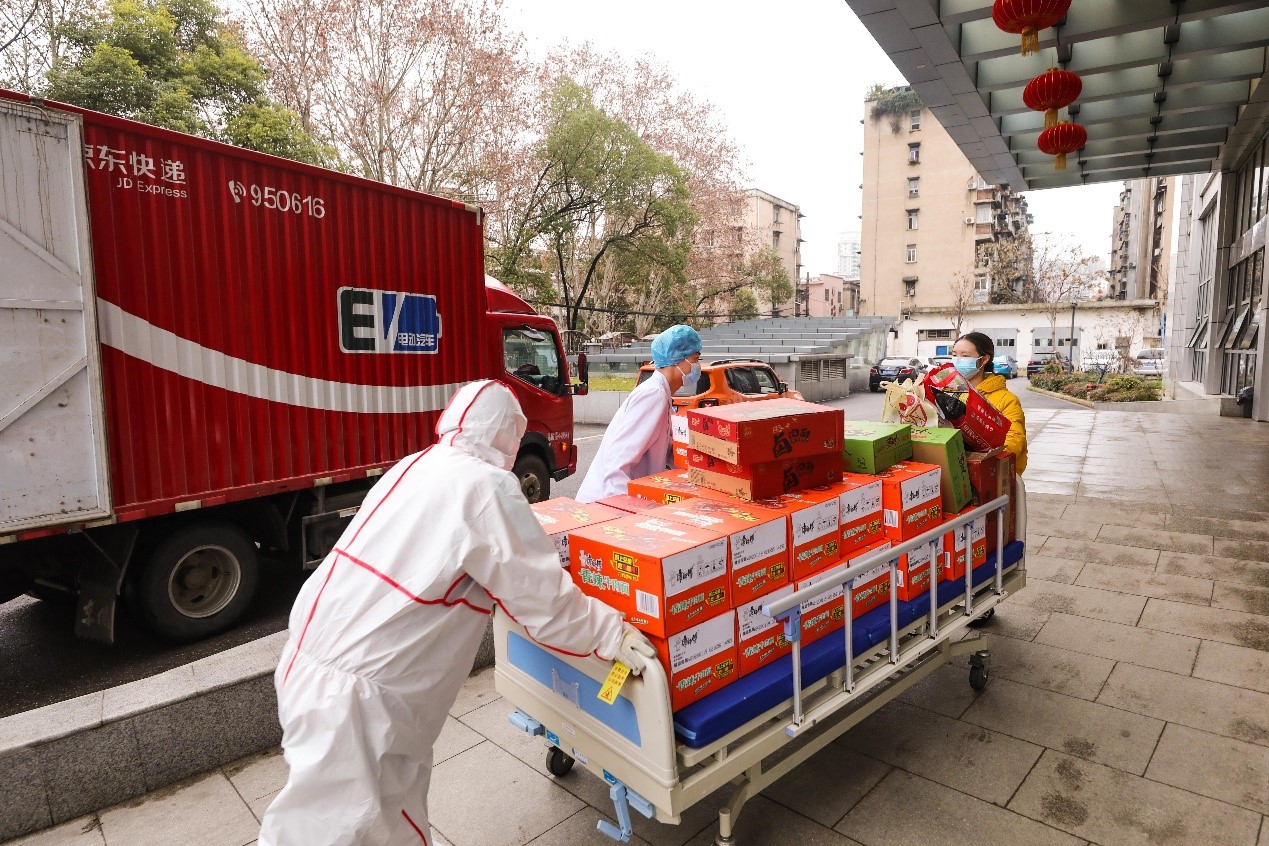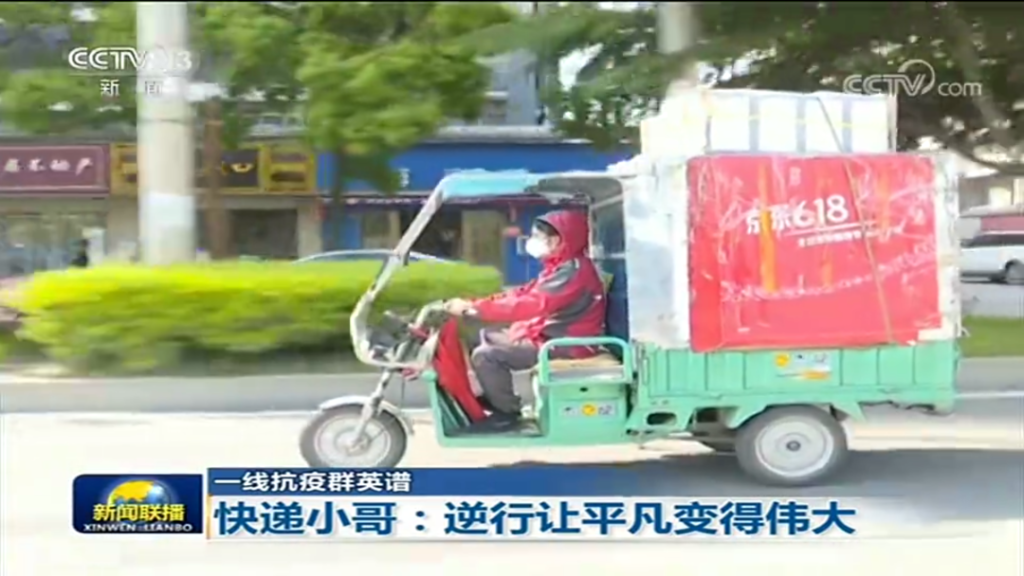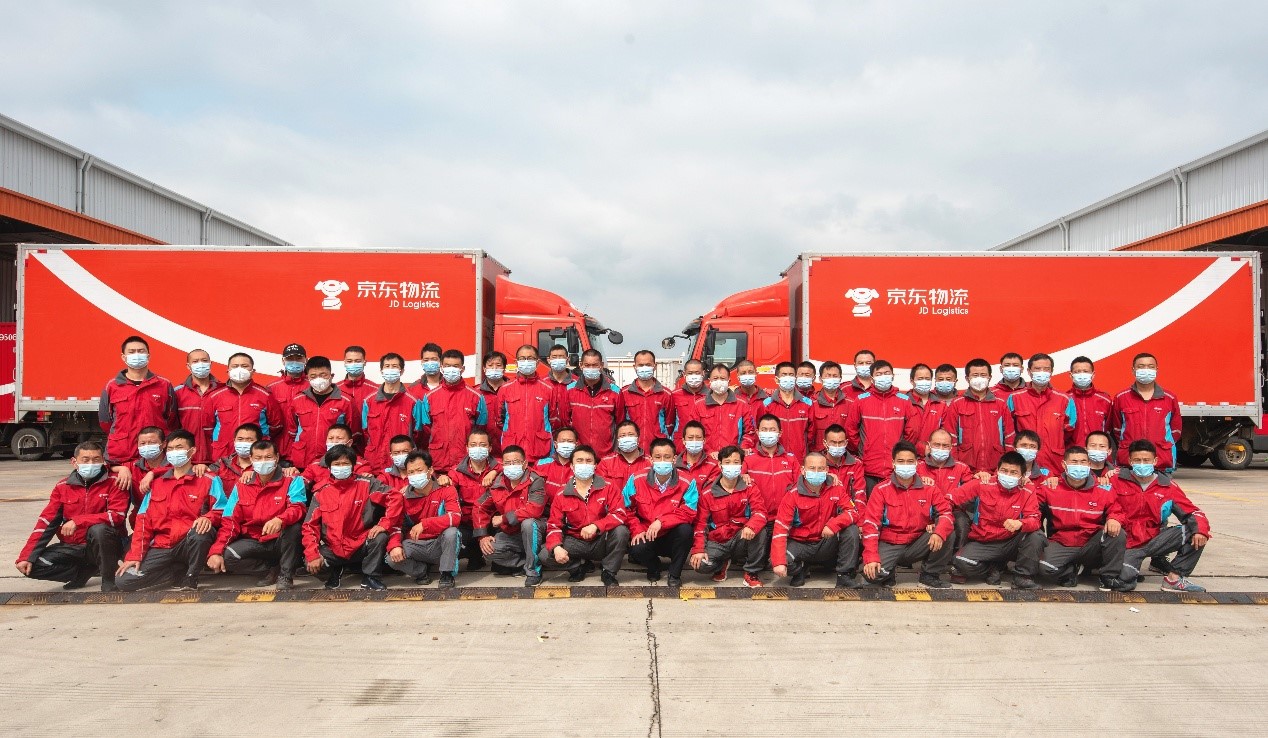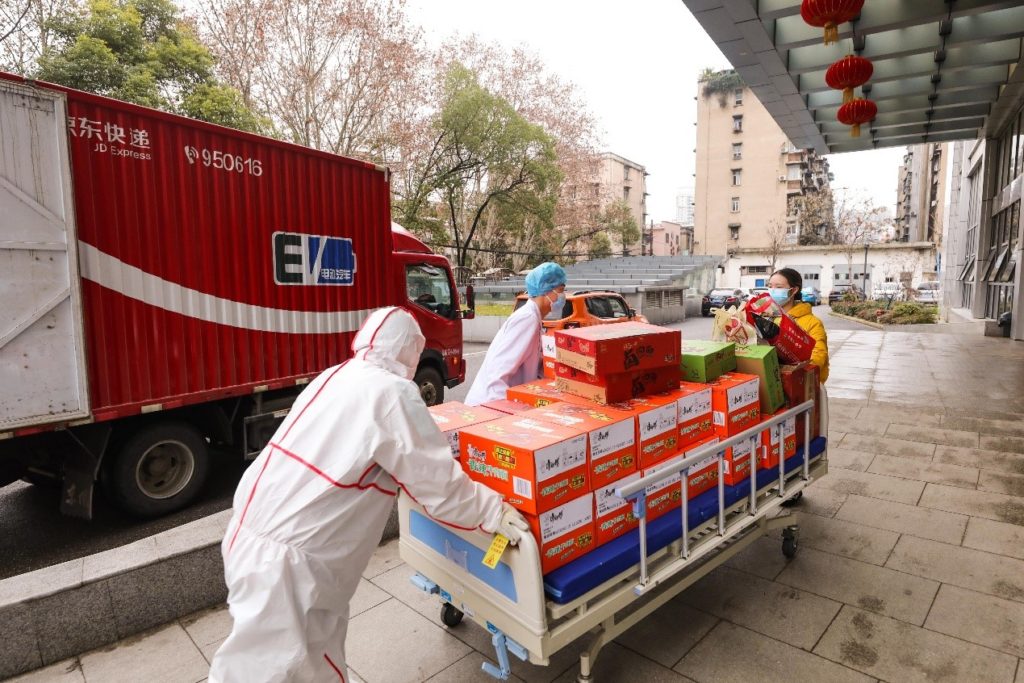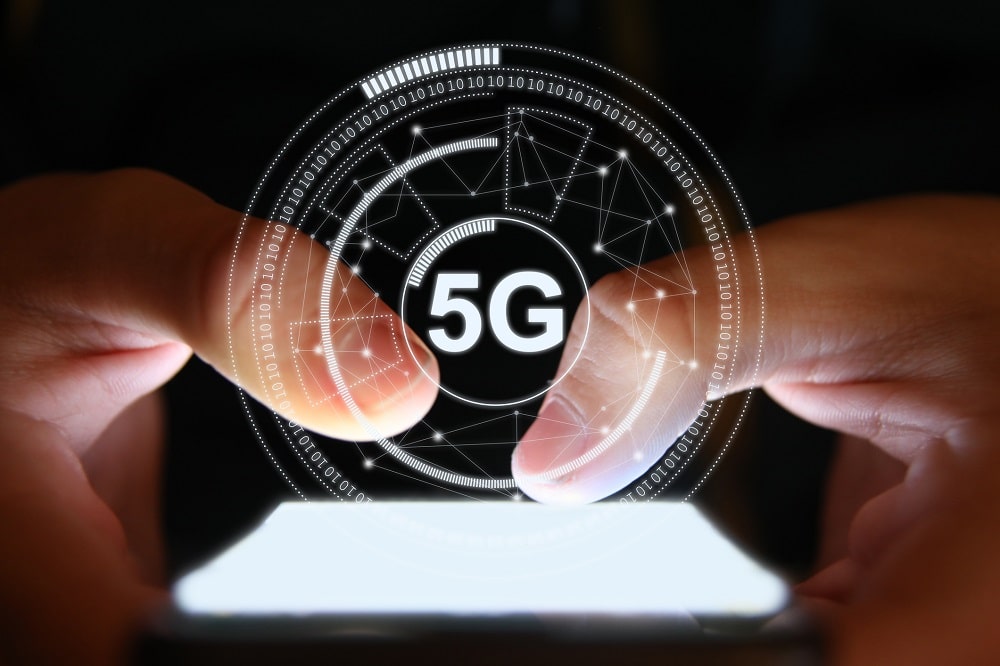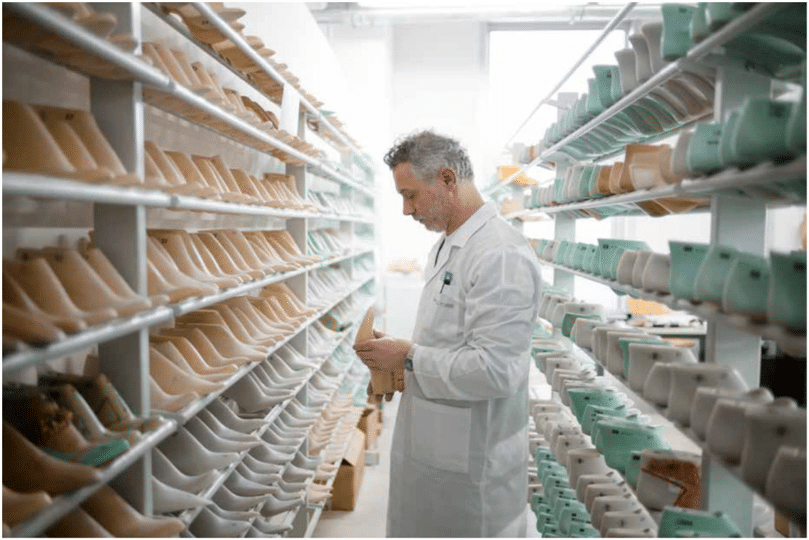by Tracy Yang
After the outbreak of COVID-19, social group e-commerce has been pulled under the spotlight as a trendy new way to shop in China while stuck at home through recommending products to friends, customers and others in close proximity. JD’s sales in social group e-commerce in the first quarter of 2020 has exceeded that of the entire year of 2019.
Social group e-commerce is particularly attractive to cost-conscious consumers seeking quality such as young moms, middle-aged women and others. Now, tour guides from travel agencies have also joined in the program. Recently, China Youth Travel Service, one of China’s leading travel agencies, collaborated with JD.com on social group e-commerce initiatives offering tour guides an opportunity of part-time work acting as a JD “shopping guide” in a WeChat group to recommend high quality products at competitive prices, fast delivery and guaranteed aftersales service to their friends, customers and others nearby. At present, over 3,000 tour guides have taken the opportunity to become shopping guides. Other travel agencies, including China International Travel Service and Caissa, have also partnered with JD on the same initiative.
JD’s social group e-commerce initiative is based on WeChat groups and Mini Programs, enabling participants to act as shopping guides to recommend products in the digital community. Consumer groups who seek affordable quality choose to join JD’s social group e-commerce initiative, primarily because of trust in JD built over time due to the company’s authenticity guarantee, delivery and service. The orders can be found in JD’s app and WeChat shopping entrance point, allowing users to enjoy the same services as that of JD, encouraging participants to provide recommendations to others with peace of mind.
The story of Weiwei is telling. A salesperson at China Youth Travel Service, her income was significantly affected by the pandemic. With experience in sales and as a loyal JD customer, she decided to test the platform and attended a special training organized by JD and China Youth Travel Service. Ultimately, she became a shopping guide in her WeChat groups, earning around RMB 8,000 yuan over the past two months through the initiative.
Jiarui Liu, head of JD’s social group e-commerce initiative said, “JD.com continues to recommend good products to Chinese consumers through innovative marketing models. Sales representatives and tour guides from travel agencies have something in common with young moms and middle-aged women. Their customers are highly targeted and have a strong sense of trust, which is consistent with the trust that JD.com has established over the years. JD.com highly values working with people who have a strong connection with their customer groups, and it is also a good way to explore new business scenarios. ”
As part of JD’s social group e-commerce initiative, JD’s cloud store solution helps offline stores resume work during the epidemic period. Cloud store registration can be completed at fastest within three days. After receiving a training, a shopping guide can easily generate orders. Since February 10th, JD’s cloud store solution has been connected with 187 brands, among which many brands, like IEF and others have already achieved strong sales results. Separately, 54,000 shopping guides in the fashion and home industry have also joined JD’s cloud store solution.


